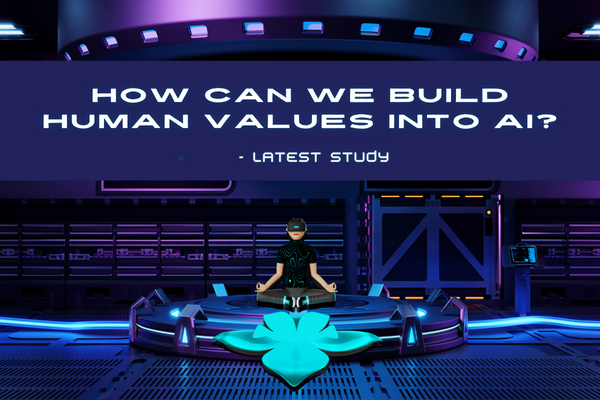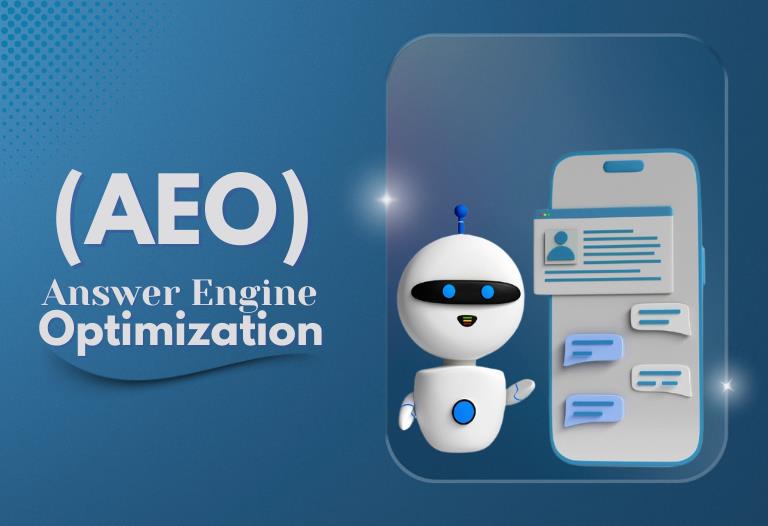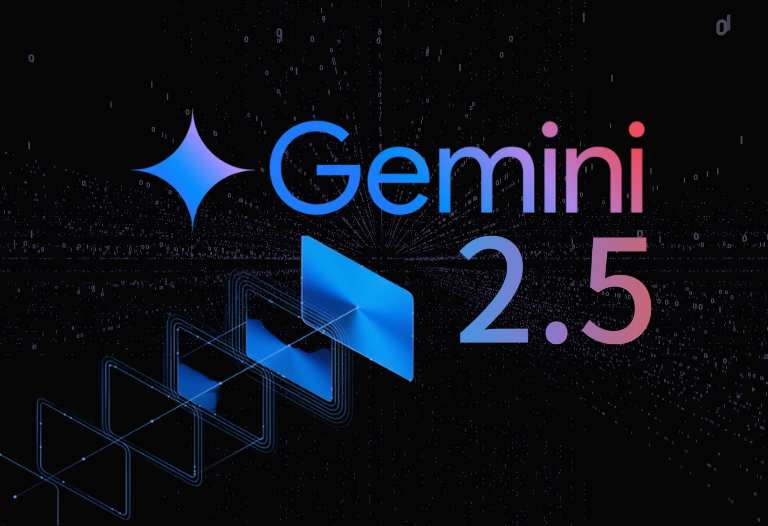In a period where artificial intelligence (AI) is gaining significant power and integration into daily life, the critical issue of its ethical application and deployment becomes increasingly paramount. The underlying values guiding AI and the selection process for these principles raise essential questions: What values underpin AI’s decisions, and whose values do they represent?
These inquiries delve into the significance of principles – fundamental values shaping decisions in AI, whether significant or trivial. Just as principles influence human behavior, they play a pivotal role in determining how AI makes choices that involve trade-offs, such as prioritizing productivity over aiding the most vulnerable.
Table of Contents
ToggleUtilizing Philosophical Insights to Ascertain Principles for Ethical AI
To better identify fair principles guiding AI behavior, inspiration was drawn from philosophy from a published paper, ” Proceedings of the National Academy of Sciences.” Researchers explored the “veil of ignorance,” a concept used as a thought experiment to determine equitable principles for group decisions and its application to AI.
The research involved experiments to observe how this approach affects decision-making. Participants faced a choice between two guiding principles for an AI system in an online “harvesting game.” Some players had an advantage with densely populated territories for tree harvesting, while others were disadvantaged with sparse fields. The AI system could assist individual players in gathering wood, with two principles: maximizing overall harvest yield by focusing on denser areas (maximizing principle) or prioritizing help for disadvantaged players (prioritizing principle).
Half of the participants were placed behind the veil of ignorance, unaware of their position or advantages in the game, while the remaining participants knew their status.
The results indicated that when participants did not know their position, they consistently preferred the prioritizing principle, which helps disadvantaged players. This trend was consistent across various game variations regardless of participants’ risk appetite or political orientation. On the other hand, participants who knew their position tended to choose the principle that would benefit them the most, whether prioritizing or maximizing.
Participants who were unaware of their position frequently voiced concerns about fairness, emphasizing the importance of the AI system aiding those who were worse off. In contrast, those who knew their position mostly discussed their choices regarding personal benefits.
Fairness in decision making
Moreover, when presented with a hypothetical scenario where participants would play the game again in a different field, those who previously made choices without knowing their position were more likely to endorse their original principle, even if it no longer benefited them. This finding supported the idea that the veil of ignorance encourages fairness in decision-making, leading individuals to stick to principles even when they no longer benefit directly.
The researchers acknowledged that AI’s impact is far-reaching, and the selection of principles may sometimes be more complex than in the harvesting game. However, the veil of ignorance offered a potential starting point for choosing fair principles for AI alignment, ensuring equitable outcomes for all parties involved.
Extensive research, input, and feedback from various disciplines and communities are crucial to creating AI systems that benefit society. By exploring the veil of ignorance and contextual factors, AI developers and policymakers can work towards more impartial principles for AI systems, fostering a fair and equitable future for AI deployment across society.
















